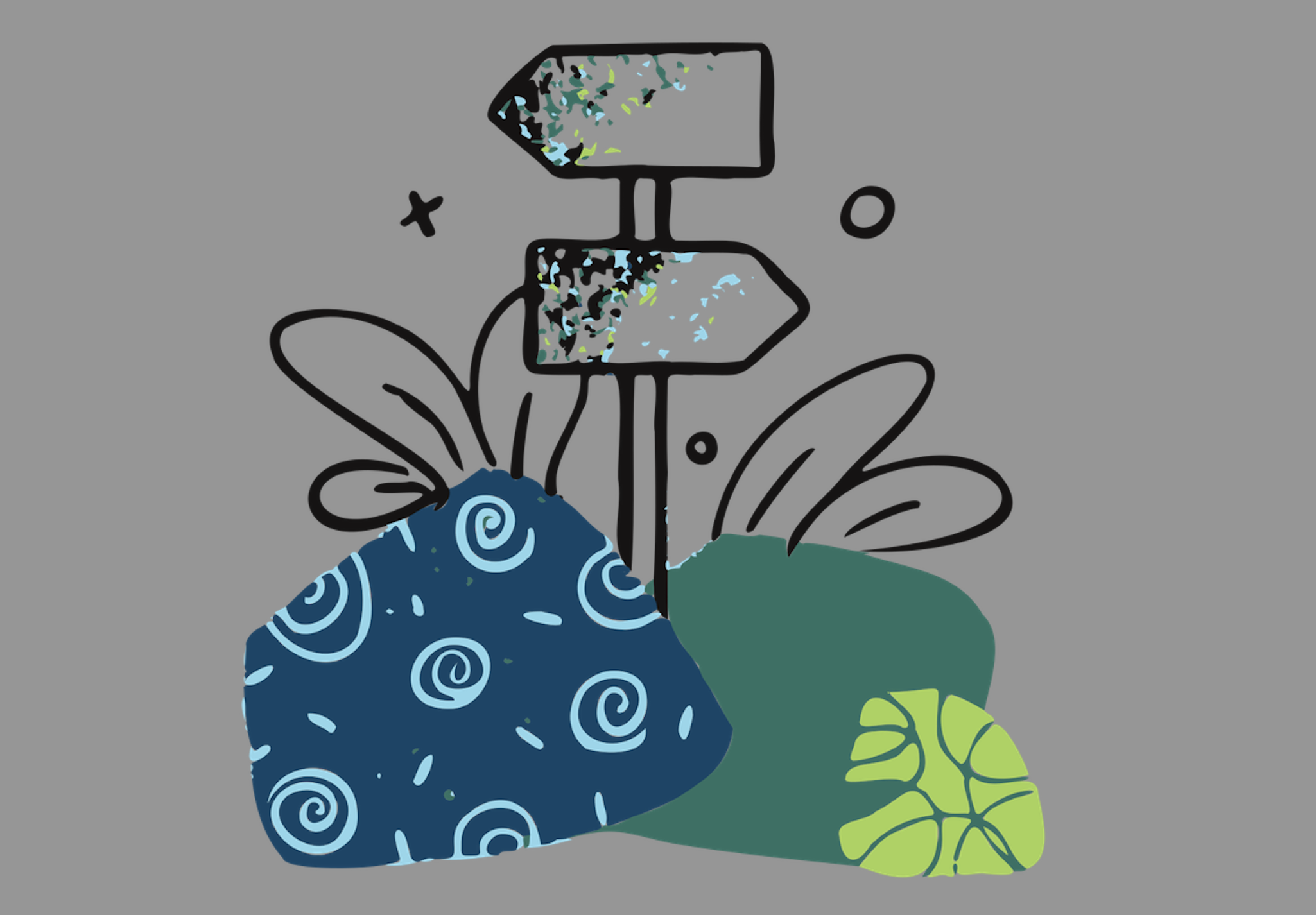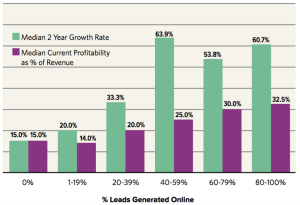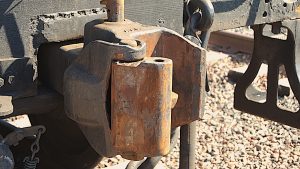
You’ve made a little extra money with your last paycheck and have some leftover after paying for your mortgage or rent, plus any other necessary bills. Rather than spending the money frivolously, you want to stash it in a savings account or use it to knock out some of the debt that’s been weighing heavily in the back of your mind.
But that’s the million-dollar question: should you save your money or pay off your debts first, especially when it comes to spending extra earnings long-term?
In truth, both of these paths can be beneficial. But let’s break down the benefits of saving your money or paying off your debts first, so you know what to do come next payday.
Saving Money – When Is It a Good Idea?
Saving money is always smart, and it’s easier than ever, thanks to automatic saving apps. In addition, the banking and financing industry offer their own tools thanks to AI Chatbots and similar developments. In any case, saving cash can be an excellent choice if you want to build up enough money for any of these goals.
Emergency Fund
An emergency fund is a little extra cash you stash away for the proverbial rainy day. With an emergency fund, you won’t have to take out a loan or use your credit card to cover the cost of car repairs, home repairs, or even minor medical bills. Plus, an emergency fund can help tide you over from job to job if you lose your current position due to a world event like the pandemic or something else.
If you don’t have an emergency fund in place, you may need to take out personal loans that allow you to borrow money for a set period of time. However, you’ll then need to pay back the loans sooner or later, adding another debt to reckon with later down the road.
Save Up for a Big (Necessary) Purchase
It’s also a good idea to save money to make a big purchase rather than use a credit card or loan whenever possible. Save up for a TV, a new car, or even new furniture for your house, and you’ll avoid damaging your credit score, plus practice good financial responsibility.
Add to Your 401(k) Plan
If your employer has a 401(k) plan with a good matching percentage, it’s a no-brainer to funnel some of your paycheck into that plan, so you benefit from maximum retirement savings ASAP.
Benefits of Paying Off Debt Fast
However, it may also be wiser to quickly pay off your debt with a winning strategy for your money for the following reasons.
Multiple Debts with Separate Interest Rates
If you have multiple debts in your name and they each have a separate interest rate, each of those debts will accrue interest. Over time, this can really impact your wallet negatively and lead you to pay much more money for each loan over its lifetime than you would otherwise. If this is the financial situation for you, it might be smarter to pay off your debts ASAP just so that multiple interest rates stop accruing.
You Have Debt Collectors Calling You
If your debts are so bad that debt collectors or other organizations are hounding you constantly about making payments, paying off your debts sooner rather than later may be your best choice.
Your Credit Score is Dropping
If your credit score has dropped significantly and is still plummeting, you can arrest that by paying off your debts quickly and start rebuilding your credit soon after.
How to Save and Pay Off Debts Simultaneously
In some cases, you may not have to save money or pay off your debts; you may be able to do both at roughly the same time and take charge of your finances. Here’s how.
Pay Off Debts Using the Snowball Method
The snowball method of debt payments involves paying off the smallest debts under your name entirely as soon as possible. Then, once those debts are done, move on to the next highest obligations, then the next highest, and so on until you are debt-free.
In doing this, you’ll pay less money in interest over time and rebuild your credit score simultaneously.
Of course, if you decide not to pay off your debts ASAP, you may wish to invest in life insurance. For example, if you die unexpectedly, some of your debts could transfer to others in your family, like your spouse. A comprehensive life insurance policy that comes with guarantees like death benefits can provide your spouse or other family members with enough cash to pay off your debts and prevent them from being affected by them for years afterward.
Save After Your Debts Are Paid
Once your debts are cleared, you can then start saving aggressively again. Any money you would have funneled toward your debts can be placed in a savings account, in your 401(k), or otherwise saved for future financial goals.
How Much Should You Save?
Although saving any amount of money is a good idea, many experts recommend that you should build up your emergency fund, so it’s enough for between three and six months’ worth of your expenses. To build up enough cash for that, stash it in a savings account, and you’ll be reasonably safe in the event of another significant economic disruption like the COVID-19 pandemic.
Make an Emergency Fund
For starters, make an emergency fund of at least a few hundred dollars by saving aggressively for the first few weeks or months of your plan. Once you have this emergency fund in place, you can move on to the next step. You can use an emergency fund calculator to calculate funds for an appropriate amount of emergency savings based on your income, bill payments, and more.
Summary
Ultimately, saving money and paying off your debts are both wise decisions – you should be proud of yourself for considering both of them rather than wasting any extra money you have.
With the right plan and some self-reflection, you can determine whether it’s smarter to pay off your debts first, save money until you have a small nest egg in a savings account, or do both at the same time, depending on how much money you have to work with.
Business & Finance Articles on Business 2 Community
(46)







